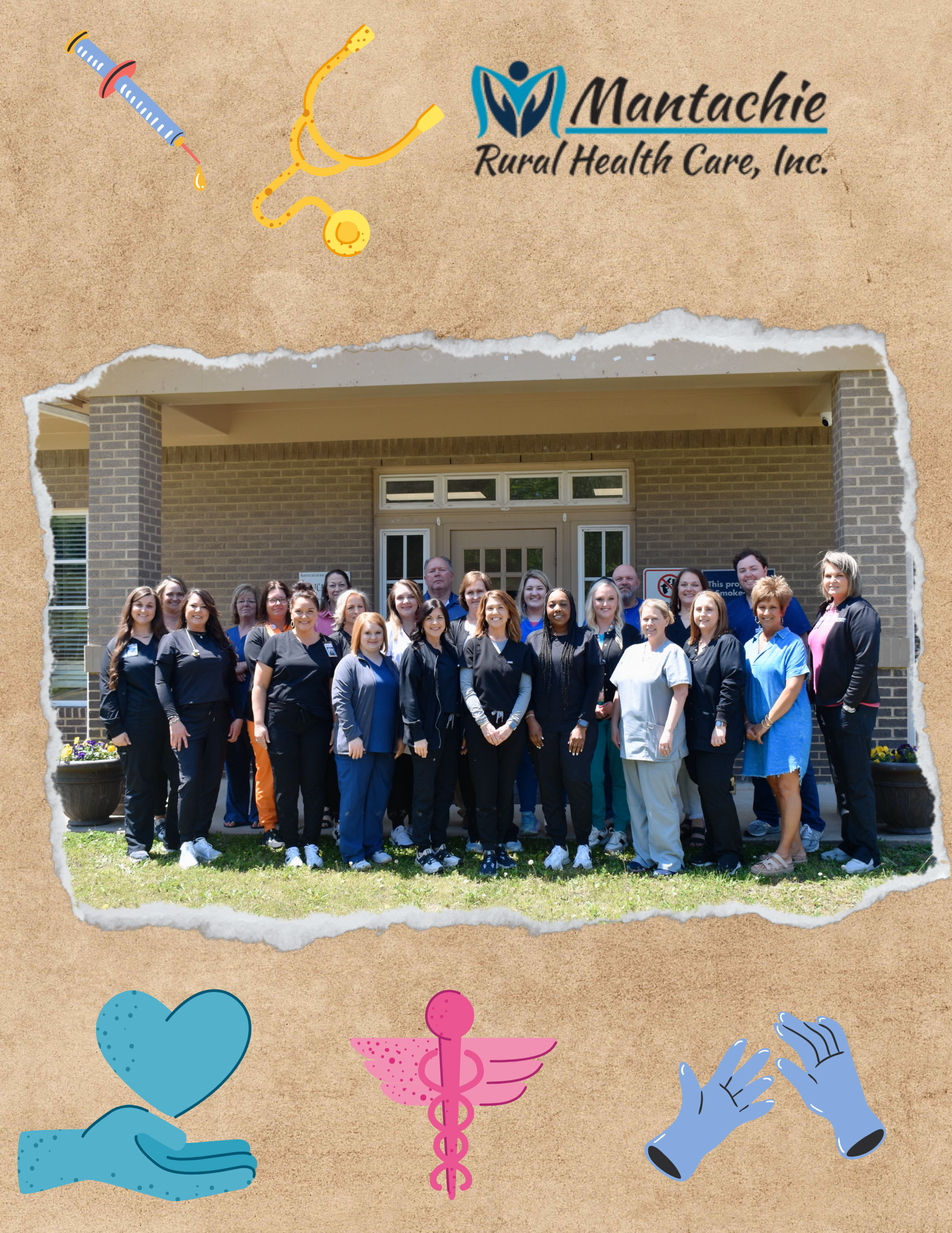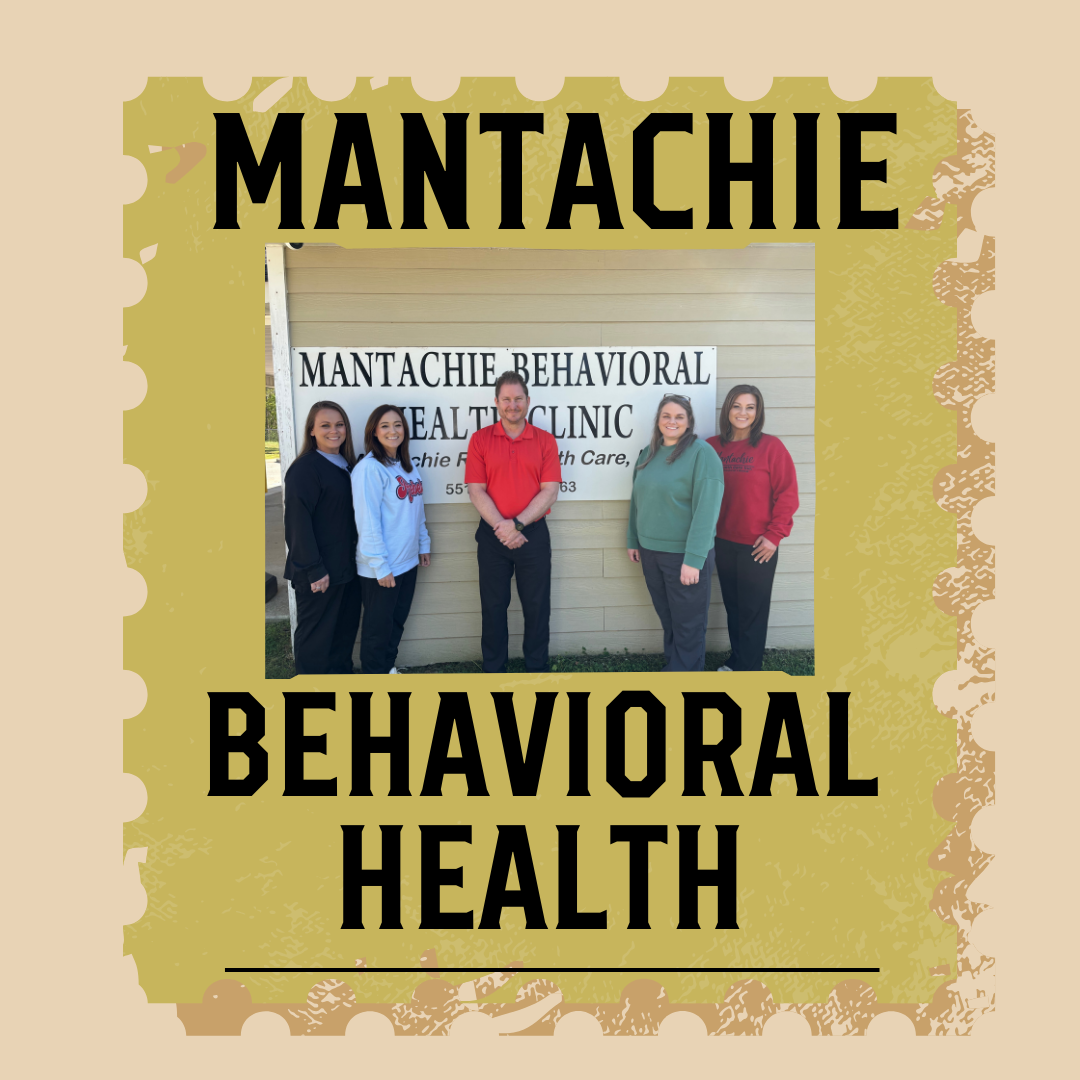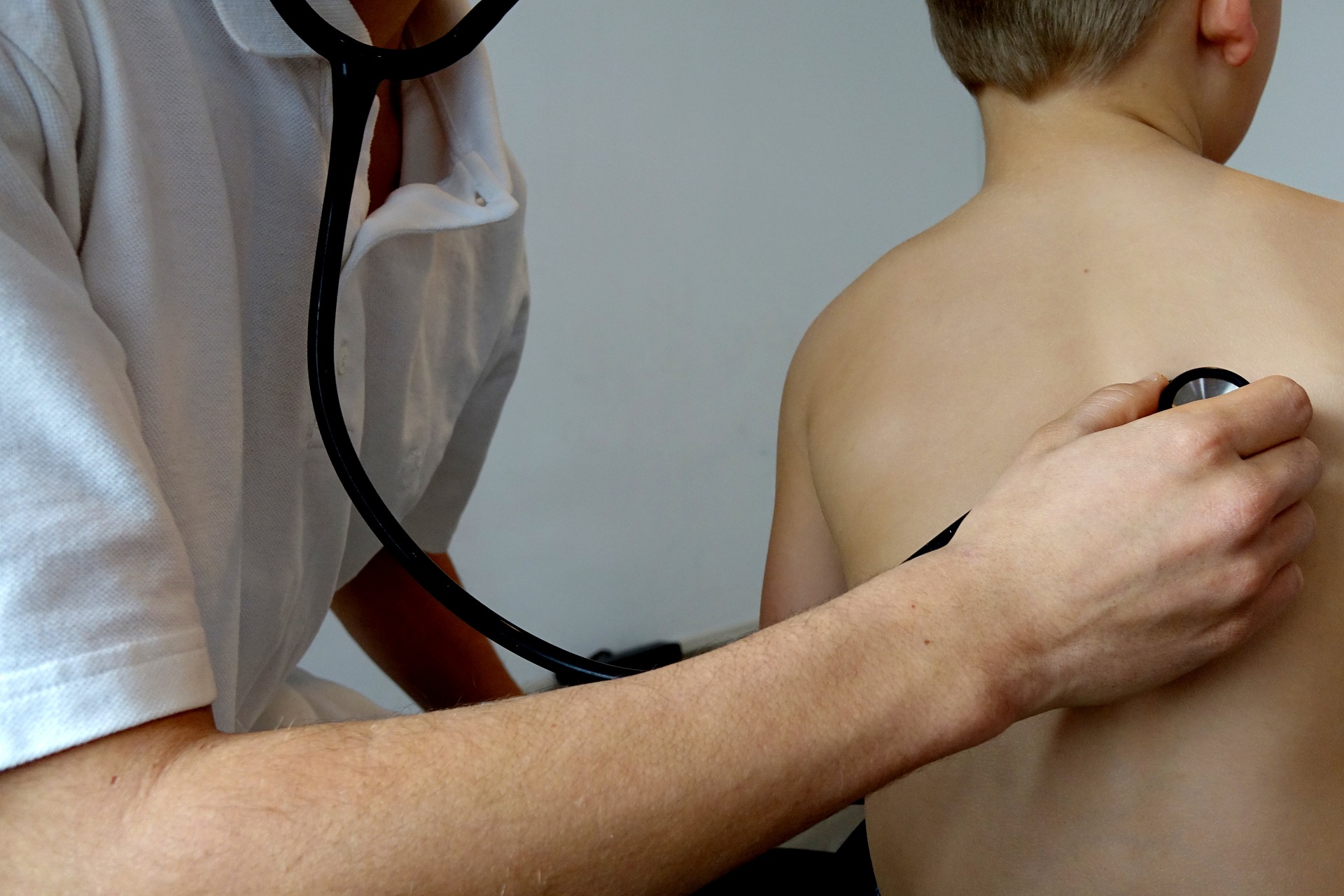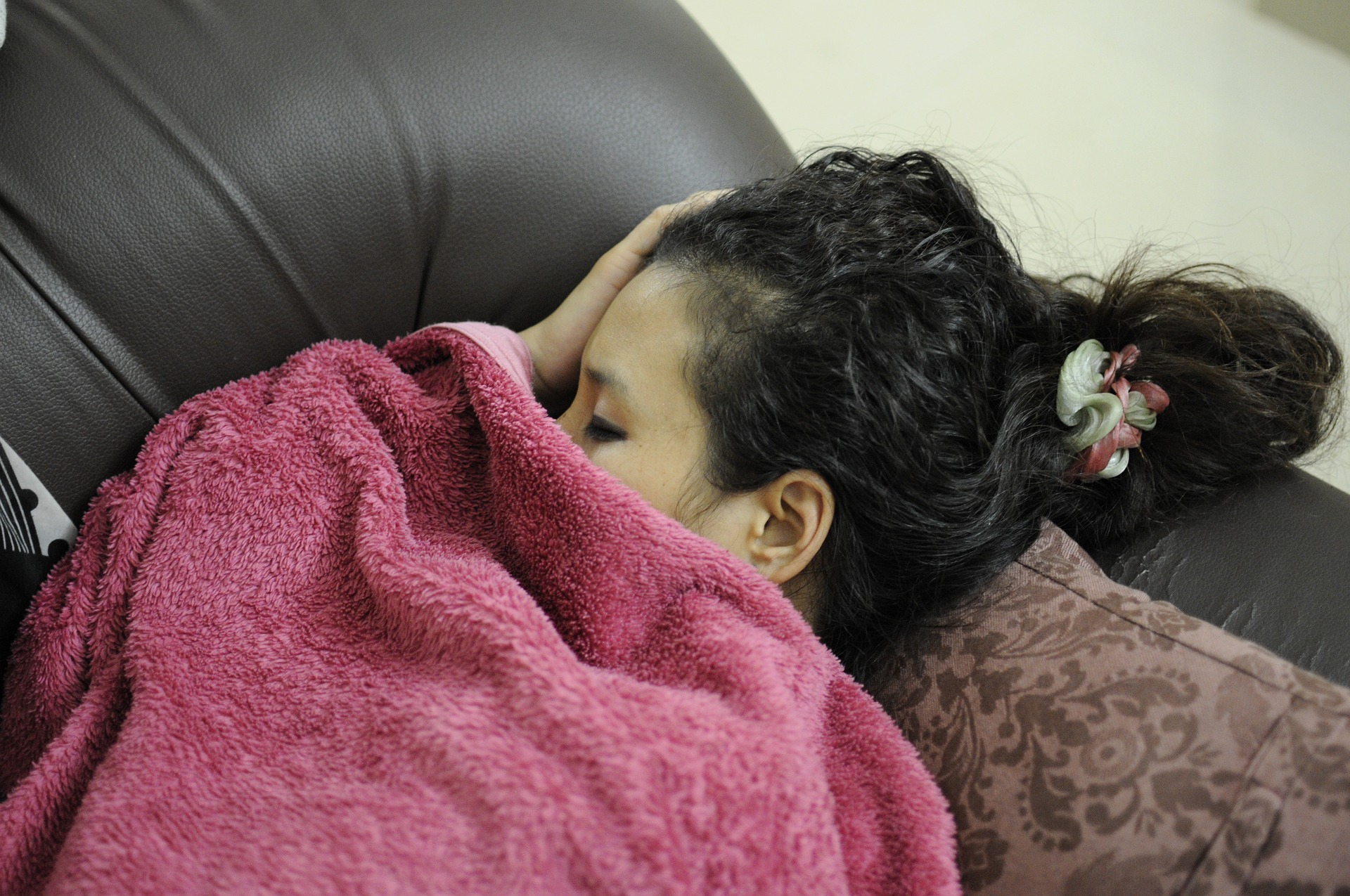
Most of us have experienced bronchitis or flu that caused constant coughing for days or even weeks. What if that cough lasted for months or even years? Patients with Chronic Obstructive Pulmonary Disorder (COPD) experience long-term coughing, wheezing, mucus production, difficulty breathing. COPD is an umbrella term for chronic lung disease which includes emphysema and chronic bronchitis.
Most COPD patients in the United States and other developed countries are diagnosed after years of smoking cigarettes. Smokers of cigars and marijuana, as well as those exposed to second-hand smoke, are also at risk of developing COPD. Exposure to chemical lung irritants in the workplace or to cooking in the home with organic cooking oil most often seen in under-developed countries may also develop COPD.
Emphysema
Patients with emphysema experience damage to the tiny air sacs (alveoli) in the lungs. These sacs stretch out of shape which prevents your lungs from expelling all the carbon dioxide from the lungs and leaves less room for fresh oxygen to fill the lungs.
Chronic Bronchitis
When the tiny, hair-like structures (cilia) inside your lungs airways become damaged, they can no longer perform their duties to clean your airways. This damage may cause swelling in the airways which limits how much oxygen can enter the airways.
Refractory (non-reversible) Asthma
Asthma causes bronchial airways to swell and tighten, reducing the amount of air allowed into the lungs. In normal asthma, medications can reverse this swelling and tightening. In refractory asthma, normal asthma medications can not reverse the effects of an asthma attack.
By the time a patient experiences symptoms of COPD, the disease has progressed for a long time. Most COPD patients are over the age of 40 due to the long-term exposure to irritants required to develop the disease. Symptoms include:
- Shortness of breath, especially during physical activities
- Wheezing
- Chest tightness
- Having to clear your throat first thing in the morning, due to excess mucus in your lungs
- A chronic cough that may produce mucus (sputum) that may be clear, white, yellow or greenish
- Blueness of the lips or fingernail beds (cyanosis)
- Frequent respiratory infections
- Lack of energy
- Unintended weight loss (in later stages)
- Swelling in ankles, feet or legs
If you’ve experienced any of these symptoms over multiple weeks, its time to contact your doctor. While you may not have COPD, the presence of these symptoms on a consistent or recurring basis point to a medical problem which requires the assistance of your medical provider. If you’ve been diagnosed with COPD and do not have a regular, general practitioner to help you manage your disease alongside your pulmonologist, call our office today at 662-282-4226 to schedule an appointment with one of our providers
One final word. While COPD has no cure, it is easy to prevent. If you smoke, stop. If you need help quitting smoking, you aren’t alone. Let our providers help you find a cessation program that works for you.



 Pneumonia is an infection that inflames the air sacs in one or both lungs. Often the inflammation causes the air sacs to fill with fluid making breathing difficult. Viruses, bacteria, or fungi can all cause pneumonia. Symptoms often include:
Pneumonia is an infection that inflames the air sacs in one or both lungs. Often the inflammation causes the air sacs to fill with fluid making breathing difficult. Viruses, bacteria, or fungi can all cause pneumonia. Symptoms often include: Pneumonia is an infection that inflames air sacs in one or both lungs, which may fill with fluid.
Pneumonia is an infection that inflames air sacs in one or both lungs, which may fill with fluid.
